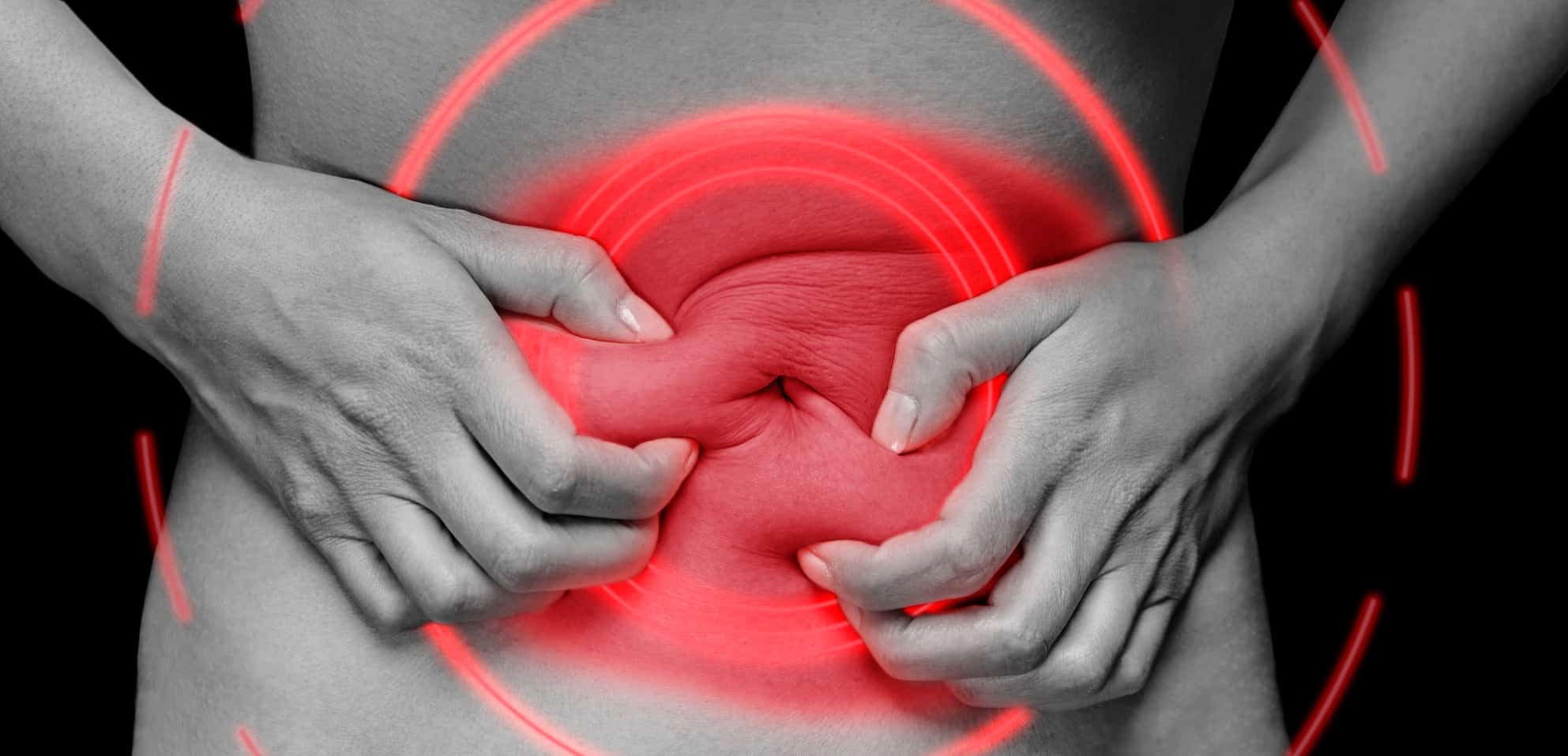All of us experience minor changes in our bodies every week, whether it is feeling bloated from too much food or feeling fatigued from a hectic and stressful week. All women are different, responding to stress and illness in different ways and intensities. Your body changes daily and weekly in minor ways. But some symptoms should not be ignored or blown off as unimportant.
Here are 10 common health symptoms women should never ignore:
1. Changes in Your Breasts
While breasts change from month to month and are as unique as the person’s, any change that persists should be checked out by a doctor. Lumps, a change in mass or a rash that sticks around for more than a day should cause you concern.
2. Irregular Vaginal Bleeding
Unexpected bleeding, especially if accompanied by pain during sex, could be a sign of cervical cancer. If your menstrual period is unusually heavy, comes more often than every three weeks, or you experience spotting in between cycles, then please see your gynecologist.
3. Sudden Weight Gain
If you experience weight gain or bloating for longer than a day or two, it could be a sign of ovarian cancer and should be checked out immediately. More generalized weight gain combined with swelling in the feet and legs could indicate a more serious heart condition like congestive heart failure, which is a condition where your heart is having trouble pumping blood to the rest of your body. Hence, the fluid builds up in the extremities.
4. Sudden Intense Headache
We all get headaches, but when a headaches is sudden and severe, so severe, in fact, it is unlike anything you have ever felt, then it could be the sign of an aneurysm or a burst blood vessel in the brain. This happens to about 5 percent of the population, and most are painless. But, if the aneurysm bursts, the blood flows into the surrounding brain tissue and causes a sudden and severe headache that can be life-threatening and, at the very least, cause brain damage. Call 911 immediately.
5. Abdominal Pain in Women
Abdominal pain could be, and usually is, just gas or something we ate that’s disagreeing with us. But, intense and sudden pain can be a a number of very serious conditions ranging from an aortic aneurysm, diverticulitis, an ulcer on the abdominal lining or appendicitis. When in doubt, get it checked out.
6. Bloody or Black Stool
Bright red blood in your stool could indicate bleeding in your colon or hemorrhoids. Black stool indicates bleeding closer to your stomach and can be anything from a bleeding ulcer to stomach or intestinal cancer. If there is blood in your stool, ask your doctor to check it out. Most cancers are very treatable if caught early.
7. Shortness of Breath
Shortness of breath with no accompanying reason that gets worse with mild exertion or when you lie down could be signs of COPD (Chronic Obstructive Pulmonary Disease) or a Pulmonary Embolism, a blood clot that has lodged in the blood vessels of your lungs. Both are serious medical conditions and should be checked out by a doctor immediately.
8. Sudden Weight Loss
If you lose more than five percent of your body weight in less than six months without trying to, it could be an indication of cancer since many cancers cause unexpected weight loss. Other things it could be range from depression to diabetes to endocrine system disorders. Again, when in doubt, get a checkup.
9. Leg Pain with Swelling
Pain and swelling in one leg could indicate a DVT, or deep vein thrombosis. That condition is a blood clot lodged in a vein in your leg. If the swelling is in both legs and persistent, it could indicate heart failure where your heart is having trouble pumping blood and the fluid backs up in your legs. Either way, get your legs checked out by a doctor.
10. Women and Chest Pain
A little discomfort after a meal could be gas. But persistent crushing pain in your chest could be an early sign of a heart attack. If the chest pain is accompanied by numbness in your arm, nausea, profuse sweating, or difficulty breathing, then call 911 or get to a hospital quickly.
The bottom line is that if you experience a change in your body that cannot be explained, persists for more than a day or two, or causes sudden and intense pain, get to your doctor quickly. It may be nothing, but then again, it may save your life.















 Community
Community

